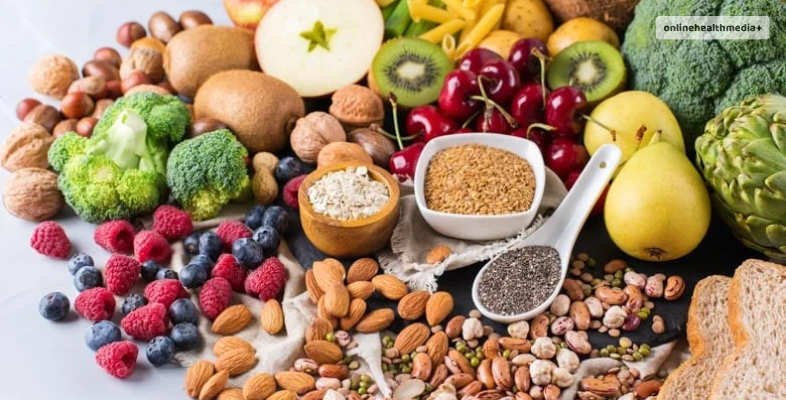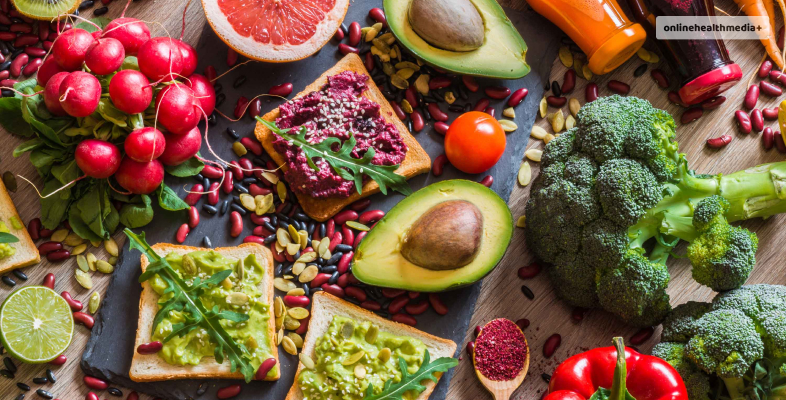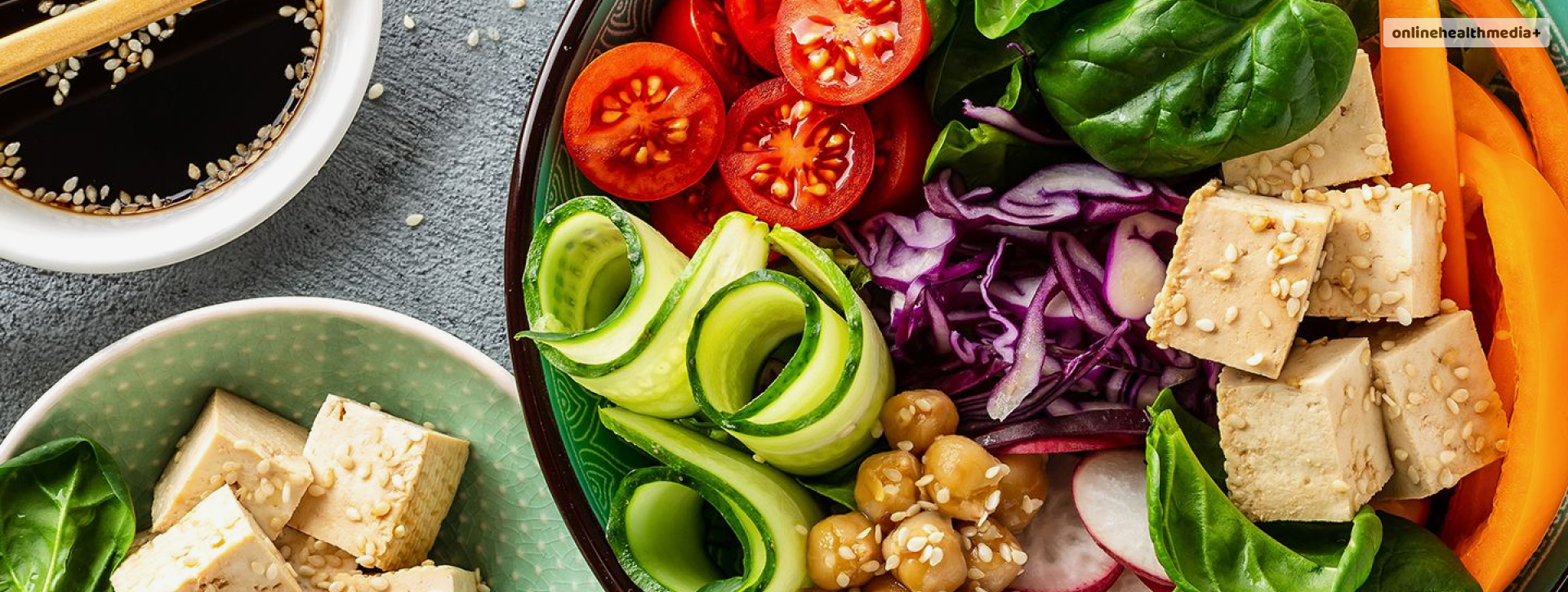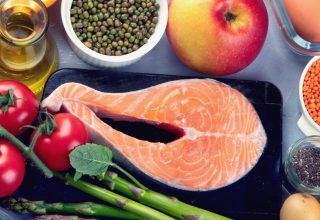What Is A Vegan Diet? 7 Health Benefits Of Vegan Diet.
Vegan Diet: If slaughterhouses had glass walls, everyone would be a vegetarian, said Sir Paul McCartney.
Increasing levels of global warming have made the worldwide population aware of the consequences of climate-heating activities. This has helped improve the efforts to curb climate change’s ill effects. One such attempt was to decrease the carbon footprint of humans. A vegan diet was thus born, excluding carbon-rich food items from one’s diet and promoting a carbon-neutral lifestyle.
A vegan diet includes every food item that is nutritious to a human being. However, it excludes any animal-based product. This led to the diet being termed the “planet’s protector” as it helps protect the planet. The rising carbon emissions are heating up the planet due to the high energy invested in breaking down meat to its simpler form.
Let’s dive right into it!
Contents
What Is A Vegan Diet

A vegan diet is similar to a vegetarian diet, where the primary source of nutrition is plant-based products. However, in vegetarianism, only some individuals and cultures depend on dairy products, which is discouraged in a vegan diet to the extent possible.
Around 1.1% of the world’s population has turned to veganism, as per a recent report by World Animal Foundation.
The exclusion of animal products from one’s diet contributes to the most carbon-neutral move for the planet. With nearly 75% decrease in the emission of heat, water pollution, and land use than diets where the consumers had at least 100 g of meat daily.
Off topic Benefits Of Lemon Why You Should Include Lemon In Your Diet?
What Is Included In A Vegan Diet?

The plant-based diet is so strict about food that only plant-derived items can be used and included in one’s diet. This includes anything that can affect and disrupt the food chain dependent on animal products. A vegan diet requires the consumer to lower their consumption of animal products as much as possible for an individual.
The following list provides an updated list of challenges that are left to be written:
- Vegetables and fruits
- Wholegrain or starchy cholesterol
- Plant-based dairy alternatives such as almond milk and soy milk
- Beans, lentils and plant-based proteins, and nuts
- Fortified foods, as not all vegan products are rich in essential nutrients
- Drink plenty of water (6-8 glasses per day).
Dietitians believe that a vegan diet can help eliminate the health risks. As these are nutritionally healthful diets that are appropriate for a busy lifestyle.
| Vegan or Vegetarianism?
A vegan diet is strictly based on plant-based food, whereas there can be different types of vegetarianism with no strict adherence to plant-based food only. There can be egg-eating vegetarians (ovo vegetarianism), dairy-consuming vegetarians (lacto vegetarians), or ovo-lacto vegetarians |
What Are The Health Benefits Of A Vegan Diet
The health benefits of a vegan diet include the following:
-
Better access to certain nutrients

The replacement of food in Western diets with those included in a vegan diet leads to the inclusion of food that is high in nutrients. These include fiber, antioxidants, and minerals that can promote the overall well-being of the consumer.
Dietitians recommend that a balanced vegan diet is necessary for getting the maximum nutrients out of this diet. This will help lower the intake of saturated fat and increase disease-reducing nutrients.
-
Low risk of heart disease
As animal products are high in saturated fats, they contribute to high levels of bad cholesterol that can be detrimental to the consumer’s health. It can lead to several health scares, such as cancer, high cholesterol, heart diseases, bone disorders, and inflammatory diseases.
Switching to a vegan diet allows a reduction in these health issues.
The consumption of fresh fruits, vegetables, and legumes helps increase the fiber intake so that the risk of heart disease is reduced. The food groups included in a vegan diet raise the unsaturated fatty acid intake along with the minerals, vitamins, and antioxidants.
Especially those that are linked to reducing cardiometabolic risks in humans, such as nuts and legumes.
-
Protects against certain cancer

Following a vegan diet has the additional health benefit of reducing the risk of cancer as the cancer-fighting nutrients are available to the body. A study concluded that people on a vegan diet could reduce their risk of colorectal cancer by 18%. Another study found that including soy products and plant-based products also contributed to a decrease in the risk of head, neck, and breast cancers.
Have you tried the Hashimoto Diet? this diet has been proven to be helpful in curing inflammation. Try it.
-
Manages diabetes
The blood sugar levels and insulin sensitivity of vegans are remarkably better than non-vegans. The former is reported to have a lower risk of developing type II diabetes from the lowered intake of dairy- and meat-based products.
-
Arthritis

A positive effect of a vegan diet is also seen in people with inflammatory conditions such as arthritis. It is also known as an anti-inflammatory vegan diet due to the high amount of antioxidants, probiotics, fiber content, and lesser allergens than other meat-based diets. These contribute to reducing inflammation in conditions such as rheumatoid arthritis.
-
Lower skin issues
The consumption of plant-based products, along with other vegan products, was seen to affect skin health positively. Eliminating dairy reduces the chances of skin inflammation which can lead to conditions such as acne, rosacea, and eczema, among others.
The rich source of bioactive compounds in a vegan diet helps in rescuing the skin from the damage caused by a dairy-/animal-based diet. The diet is also known to improve skin barrier function and health.
-
Promotes weight loss

The high amount of fiber and proteins received through a vegan diet ensures that the body mass index is in the healthy range, maintaining weight loss. The diet is low on calories compared to meat-based or other non-vegetarian diets, so a positive effect on weight is observed.
These were the top seven benefits of a vegan diet which should help in switching to this diet. It is noteworthy that any change in diet should be made after consulting a nutritionist or dietitian, as there are chances of allergic reactions.
Conclusion:
Are you thinking of switching to veganism? You can start slowly after reading this article, as you can reap many health benefits. The benefits of such a low-fat, high-fiber diet are as stated above. It is also necessary to note that a complete switch without giving the body time for adaptation can be detrimental.
Also Read
- Top 15 Best Liquid Vitamins For Women in 2022
- Top 10 Best Portable Oxygen Concentrator in 2021
- Top 9 Liquid Prenatal Vitamins – With Pros And Cons



